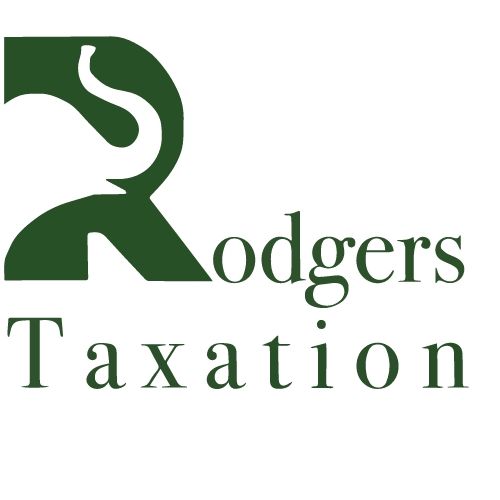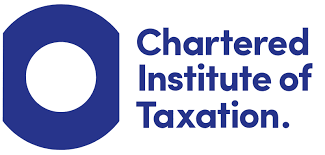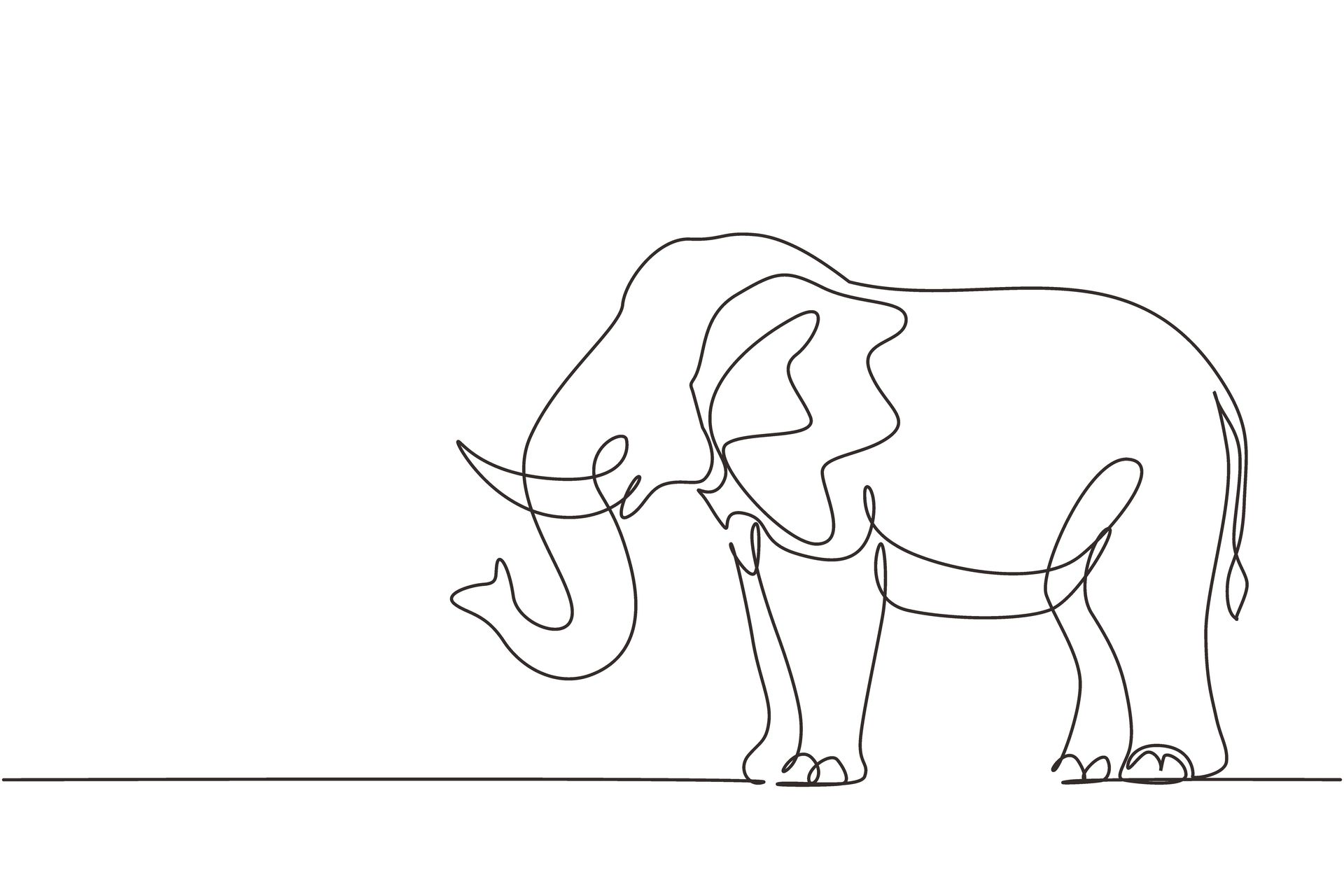The IHT ‘Gifts Out of Income’ Exemption: Key Considerations and Common Pitfalls
Latha Rodgers looks at potential pitfalls and opportunities that individuals, executors and their advisers may encounter when considering gifts out of income for IHT exemption purposes.
Provided the chargeable lifetime transfers or ‘gift with reservation of benefit’ provisions do not apply, gifts will be treated as potentially exempt transfers (PET) for inheritance tax (IHT) purposes. If an individual makes a PET and they survive seven years, the value of the gift will not be chargeable to IHT.
However, for some cash gifts, one does not need to wait seven years; instead, depending upon the reliefs and exemptions that apply, they could automatically be exempt from IHT.
Normal expenditure out of income
The IHT legislation (at IHTA 1984, s 21) sets out the three conditions for a lifetime gift to meet the normal expenditure out of income exemption (commonly referred to as ‘gifts out of surplus income’). The conditions are broadly that:
- there must be regular gifts (although a single gift may qualify);
- it must be made out of income; and
- the transferor’s standard of living must be maintained.
All three conditions must be met for the exemption to apply. If they do, the gift is automatically exempt from IHT. Otherwise, the normal seven-year rule will apply.
It is worth remembering that this exemption normally applies to cash gifts. However, there is one exemption – if the transferee can show that the capital asset (e.g., jewellery) was bought out of the funds that the transferor intended for the transferee, then subject to the other conditions being met, the exemption could apply.
What is ‘income’?
In its Inheritance Tax Manual at IHTM14250, HM Revenue and Customs (HMRC) states: “Income is not defined in the IHTA84 but should be determined for each year in accordance with normal accountancy rules. It is not necessarily the same as income for income tax purposes. Income is the net income after payment of income tax.”
As there is no statutory definition of ‘income’, the starting point is to look at the transferor’s tax return, as this will detail all the taxable income they received during the tax year. In addition, and if they do not prepare tax returns, it is useful to go through their bank statements and investment transaction history to collate all the income during the year.
Clearly, salary, trading profits, rental income, interest and dividends are examples of income. However, IHTM14250 states that just because a source is taxed as income, this does not mean that it is income for IHT purposes. This can lead to a few anomalies; for example, tax-free amounts that the transferor considers to be their income, and receipts that are subject to income tax, both of which are not income for IHT purposes (see below).
Tax-free payments
The transferor could be in receipt of regular or one-off payments from the government to supplement their income or towards their living expenses, which they would reasonably expect to be considered as income for IHT purposes (e.g., state benefits that are not taxable such as Winter Fuel payments and Christmas Bonus). These are not treated as income for IHT purposes.
Winnings received from premium bonds, lottery tickets and bets on sporting events are always exempt from tax. If, for example, the transferor receives regular small monthly premium bond winnings, they may consider this to be income, which they can use to make gifts. Unfortunately, the winnings are still not income for IHT purposes.
Gambling winnings are complicated, as the general principle is that they are tax-free and are not income for IHT purposes. However, if the gambling activities are treated as a business because the badges of trade are met, the winnings may be taxed as taxable profits and, in this case, would become income for IHT purposes. For most transferors, this is unlikely. If the transferor has substantial funds from gambling winnings, specialist tax advice should be obtained.
Furthermore, any non-taxable redundancy payments or compensation payments awarded by a court are also not income for IHT purposes.
Income that is not income!
The general principle is that if an amount could be both subject to income and capital gains tax, income tax has priority. Consequently, what is in essence a profit or gain on a capital asset will be categorised as ‘income’ and subject to income tax.
For example, if the transferor has invested in life insurance policies, an income tax charge arises when the policy has matured, there has been a full or part surrender of the policy, or segments have been sold or assigned. This is because ITTOIA 2005, ss 461-546 state that the payment received will be subject to income tax. However, the actual funds received are capital in nature, as they represent the growth in the underlying investments. Therefore, this amount is not treated as income for IHT purposes.
In addition, transferors are entitled to make annual withdrawals from life insurance policies up to a maximum of 5% per annum, without an income tax charge arising. Any payments received more than the permitted maximum will be subject to income tax. These withdrawals, whether they are within or exceed the permitted maximum, are again effectively returns of capital on the original investment. Consequently, they are not income for IHT purposes.
Purchased life annuities
It is worth noting that there is a specific exemption in IHTA 1984, s 21(3), which states that the capital element of a purchased life annuity (bought on or after 13 November 1974) is not income for IHT purposes.
What years do you take into consideration?
The starting point is to only consider the tax year in which the cash gift was made when calculating the transferor’s income. Usually, this should be sufficient to determine whether all three conditions for the exemption are met. If the total gifts made by a transferor are more than their surplus income for that year, the conclusion is usually that the exemption does not apply to the excess.
However, income does not automatically lose its characteristics and become capital at the start of a new tax year.
There have been cases specifically relating to when trust income becomes capitalised for the purposes of calculating any IHT charges under the relevant property regime. HMRC’s guidance at IHTM42166 states that any income that arose more than five years before a ten-year anniversary is treated as capital for IHT purposes. Although this specifically relates to trusts, the key message is that earlier year’s income can be taken into account.
Furthermore, IHTM14250 states: “income from earlier years does not retain its character as income indefinitely. At some point it becomes capital but there are no hard and fast rules about when this point is. If there is no evidence to the contrary, we consider that income becomes capital after a period of two years.”
Therefore, all is not lost, as it is possible to include unused income from the previous tax years to determine what income can be offset against the gifts made by the transferor in that year.
Practical point
Because ‘gifts out of income’ is a very valuable IHT exemption, detailed record keeping needs to be maintained by the transferor and their executors. If the transferor has life insurance policies, it may be necessary to confirm what ‘income’ they have, given that the permitted annual withdrawals and any chargeable event gains are not income for IHT purposes.
If the transferor’s income fluctuates or the level of their gifts increases, remember that it is possible to use surplus income from the previous two tax years.
Finally, the exemption can apply to gifts of capital assets; however, the onus will be on the transferee to prove that the transferor intended to use the surplus cash to acquire that asset for them.
This article was published on Tax Insider Professional in July 2024 Click HERE



